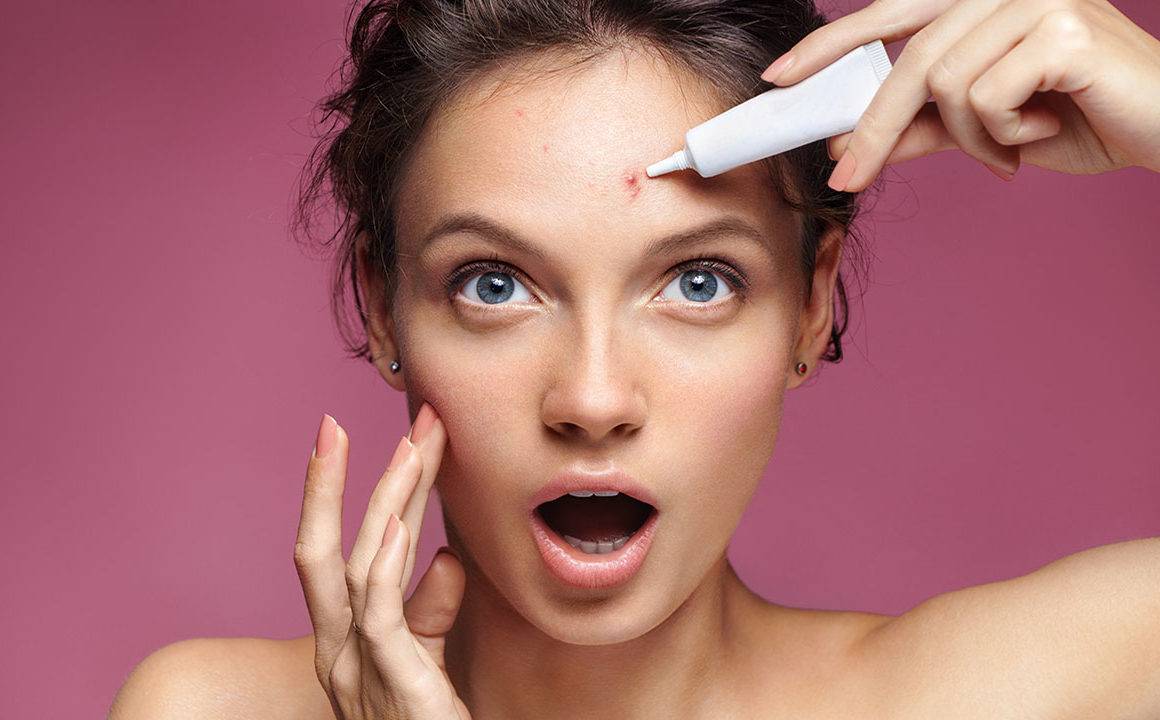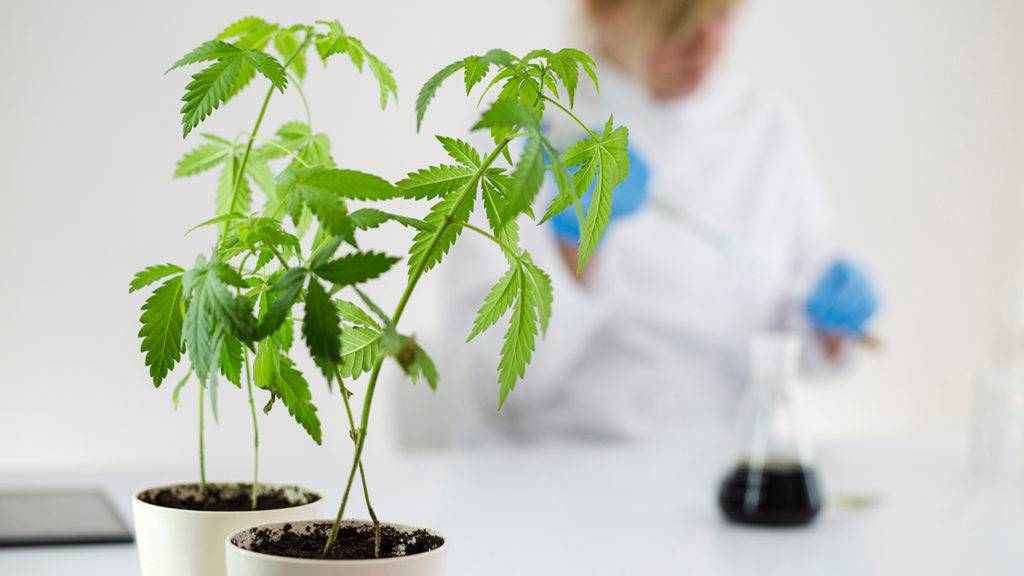CBD Oil: Can it Help with Acne?

Acne can be a painful skin condition that affects your appearance and self-confidence. If you have tried many acne treatments in the past without success, it may leave you feeling discouraged.
There is evidence to suggest that cannabidiol (CBD) is an effective treatment for acne. Let’s discuss CBD oil, how it works to treat acne, and the best way to use it for your skin.
What is CBD Oil?
CBD oil is an extract from the hemp version of the cannabis plant, and it falls in a compound category called cannabinoids. Unlike cannabinoids like tetrahydrocannabinol (THC) in marijuana, CBD is non-psychoactive, and the side effects, if any, are reported to be mild.
Because of its association with THC and marijuana, many people are apprehensive about using CBD as a treatment. However, since CBD is a cannabinoid, it interacts with the body’s endocannabinoid system to bring about specific physiological reactions to improve wellness.
Note that hemp seed oil is not the same as CBD oil. As the name suggests, hemp seed oil is extracted from the plant’s seed and contains little to no CBD.
How Exactly Does CBD Oil Alleviate Acne?
Because of restrictions in the past, research on CBD oil is still in its infancy, but it is believed that CBD alleviates acne by adjusting the body’s sebum production.
Sebum is a waxy substance that is produced by sebocyte cells to protect the skin. When dead skin cells and pollutants mix with excess sebum, it can clog the skin’s pores, which, in turn, result in acne. According to a study that was carried out in 2014, CBD oil prevents sebocytes from producing excessive sebum to prevent acne indirectly.
Another way CBD oil treats acne is by triggering an anti-inflammatory reaction in the skin cells and preventing the activation of inflammatory cytokines.
Can CBD Oil Treat Other Skin Conditions?
Because CBD oil has anti-inflammatory characteristics, it can be used in the treatment of other skin conditions as well. These conditions include sensitive skin, aging, and the formation of wrinkles, eczema, and psoriasis.
If you suffer from any of these conditions, you can apply CBD oil locally to the affected areas. Applying CBD oil to your skin can also promote overall skin health, even if you don’t suffer from a particular skin condition.
How to Use CBD Oil
CBD products for skin treatments are usually available as ointments or butter. These topical lotions typically consist of the CBD oil as well as a carrier oil like olive oil, coconut oil, shea butter, or argan oil.
Topical application is the most effective way of using CBD for acne. That being said, it’s quite easy to find CBD in almost everything these days. My personal favorite? The edible CBD oil in the form gummies from RoyalCBD.com.
Is CBD Oil Legal?
The legality of CBD is a confusing topic, as the laws differ from state to state. According to the 2018 Farm Bill, hemp is legal in all fifty states. The legality depends on the source of the CBD in the product. While hemp-derived CBD is permitted throughout the United States, the possession and sale of marijuana-derived CBD are federally illegal.
When shopping for CBD oil to treat your skin, make sure that you purchase from a reputable supplier and that the CBD product contains less than 0.3 percent THC.
What Are the Risks of Using CBD Oil?
According to reports from consumers, CBD consumption can result in mild side effects like nausea, loss of appetite, and dizziness. Lack of oversight presents a safety concern, but, according to the World Health Organization, cannabidiol has a good safety profile, and the risk for abuse or harm is low.
YOU MIGHT ALSO LIKE:
Share via:






Leave a Comment